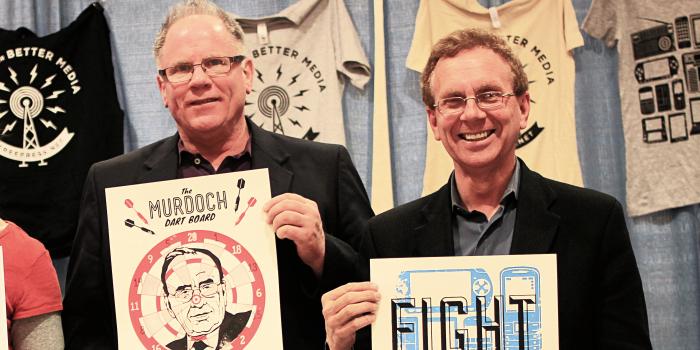The Cable Act at 20: Free Press Urges Congress to Keep the Focus on Consumers
Washington — On Tuesday, the Senate Commerce Committee will hold a hearing to consider the history and the continued importance of federal laws designed to protect people who subscribe to cable television, satellite or other such multichannel video packages.
Free Press Policy Adviser Joel Kelsey made the following statement:
“Today’s hearing provides a good opportunity to assess whether our country’s communications policies are helping everyday consumers. Unfortunately, while Congress’ goals have been laudable, nothing has helped stem the tide of skyrocketing cable bills, diminishing competition and runaway consolidation.
"Consumers are forced to pay for unwanted and unwieldy services and channel bundles to access the marquee content they want to watch. For example, to watch much of the Summer Olympics online, you first must prove you are a pay-TV subscriber. Holding popular programming and online streaming services hostage to protect outdated legacy cable subscriptions is wrong.
"Cable companies are threatened by online video services that represent a cheaper way to access movies and TV shows. Instead of competing with online video providers by offering lower prices or better-quality services, the major cable companies have instead decided to interfere with consumers’ ability to access online programming by restricting and limiting the Internet traffic of companies like Netflix and Amazon.
"Much of the discussion today will focus on negotiations between broadcasters and cable companies, and the power struggles between the large companies on both sides of those deals. But the problem is not regulations that are too numerous, too old, or too few. It's that the rules on the books are too often used by dominant incumbents to serve their own bottom line, while policymakers sit by and refuse to enforce the law in ways that promote effective competition, encourage innovation and benefit the public.
"Now, more than ever, we need an active Congress willing to ask tough questions and put consumers’ interests first when considering reforms to our nation’s communications policy.”




